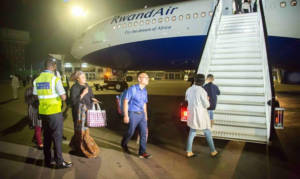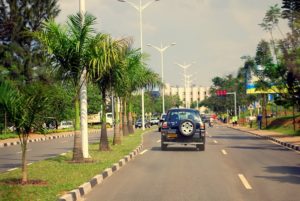A Complete Travel Guide To Top 10 Cultural Sites in Rwanda
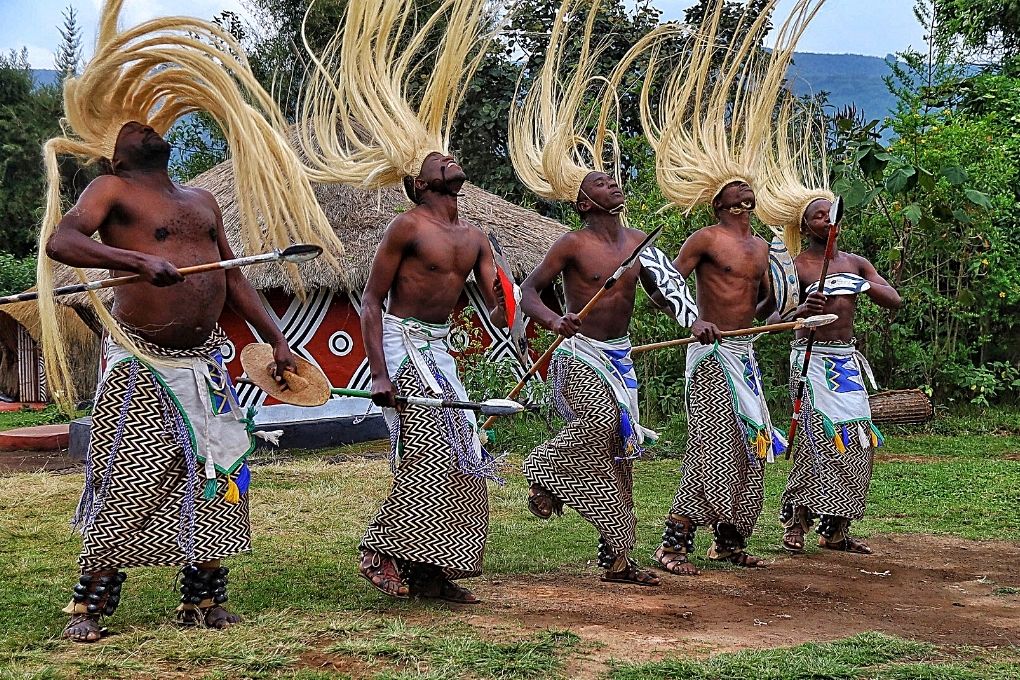
Rwanda, known as the “Land of a Thousand Hills,” is a country where ancient traditions seamlessly blend with modern progress. This East African nation, despite its small size, boasts a rich cultural tapestry woven from centuries of history, traditional practices, and remarkable resilience. From the rolling hills dotted with traditional homesteads to the bustling streets of Kigali, Rwanda’s cultural heritage tells a story of unity, remembrance, and hope.
The Foundation of Rwandan Culture
Rwandan culture is built on the foundation of Ubuntu, a philosophy that emphasizes the interconnectedness of all people through the principle “I am because we are.” This communal spirit permeates every aspect of Rwandan society, from traditional governance systems to contemporary social structures. The culture is characterized by three main pillars: respect for elders and authority, collective responsibility, and the preservation of historical memory.
The traditional Rwandan society was organized around the institution of kingship, with the Mwami (king) serving as both political and spiritual leader. This monarchical system, which lasted for centuries until the 1960s, left an indelible mark on Rwandan culture, influencing everything from architectural styles to social customs that persist today.
Traditional Arts and Crafts
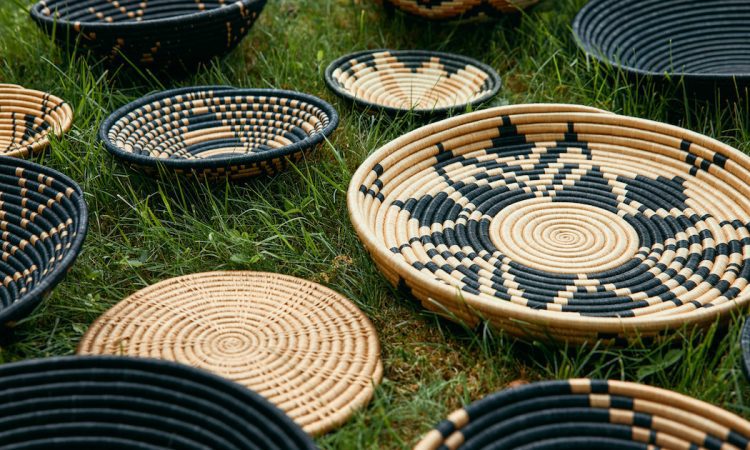
Rwanda’s artistic heritage is expressed through various mediums, each carrying deep cultural significance. The most renowned is the art of basket weaving, particularly the creation of Agaseke baskets. These intricately woven baskets, made from sweet grass and banana leaves, are not merely functional items but symbols of unity and are often given as gifts during important ceremonies.
Traditional pottery, wood carving, and metalwork also play important roles in Rwandan culture. The famous Imigongo art form, created using cow dung and natural pigments, produces geometric patterns that decorate homes and tell stories of the community. These artistic traditions are passed down through generations, ensuring their continuation in modern Rwanda.
Language and Oral Traditions
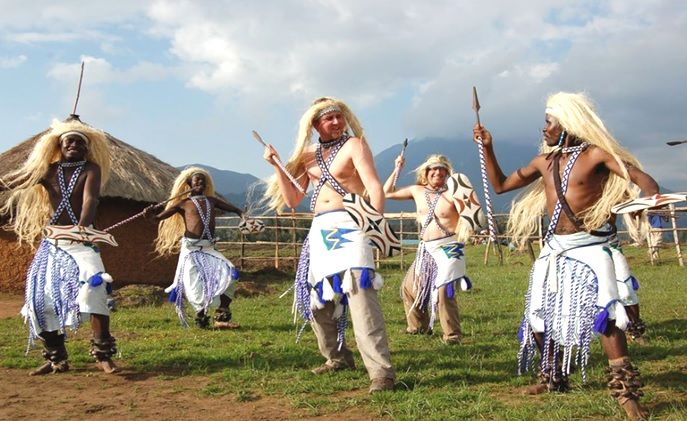
Kinyarwanda, the national language spoken by virtually all Rwandans, serves as a unifying force in the country. The language is rich with proverbs, riddles, and oral histories that preserve cultural wisdom and values. Traditional storytelling, known as “Ibitekerezo,” remains an important cultural practice, with elders sharing historical narratives, moral lessons, and cultural knowledge with younger generations.
The tradition of praise poetry, called “Ubusabane,” celebrates heroic deeds and important events, while traditional songs and dances like the famous Intore dance continue to be performed at cultural ceremonies and festivals.
Traditional Governance and Social Structure
The traditional Rwandan governance system, known as “Ubwiyunge,” was based on consensus-building and collective decision-making. Local communities were organized around extended families and clans, with councils of elders mediating disputes and making important decisions. This system emphasized dialogue, reconciliation, and community harmony—values that continue to influence modern Rwandan society.
The concept of “Ubusabane” (mutual assistance) remains central to Rwandan culture, manifested in practices like “Umuganda,” the monthly community service day where citizens come together to work on community projects and discuss local issues.
Cultural Festivals and Celebrations
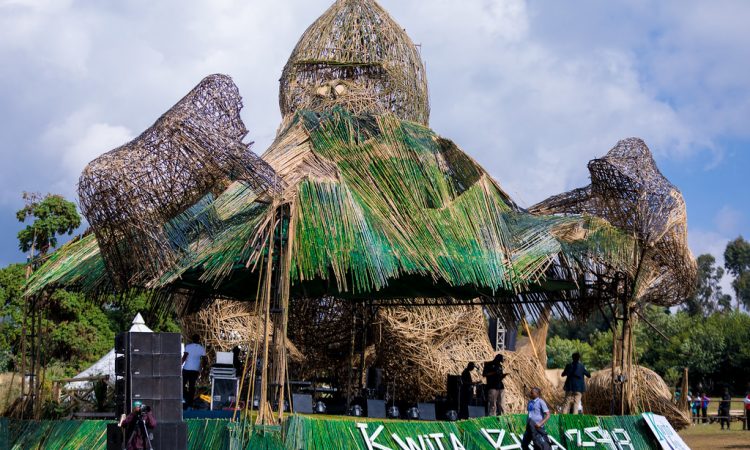
Rwanda’s cultural calendar is filled with celebrations that honor both traditional and contemporary achievements. The annual Kwita Izina (gorilla naming ceremony) combines wildlife conservation with cultural celebration, while the Umuganura harvest festival celebrates Rwanda’s agricultural heritage.
Traditional ceremonies like weddings (Ubukwe) and coming-of-age rituals maintain their cultural significance, often featuring traditional music, dance, and the sharing of local foods like banana beer (Urwagwa) and traditional dishes.
Top 10 Cultural Sites in Rwanda
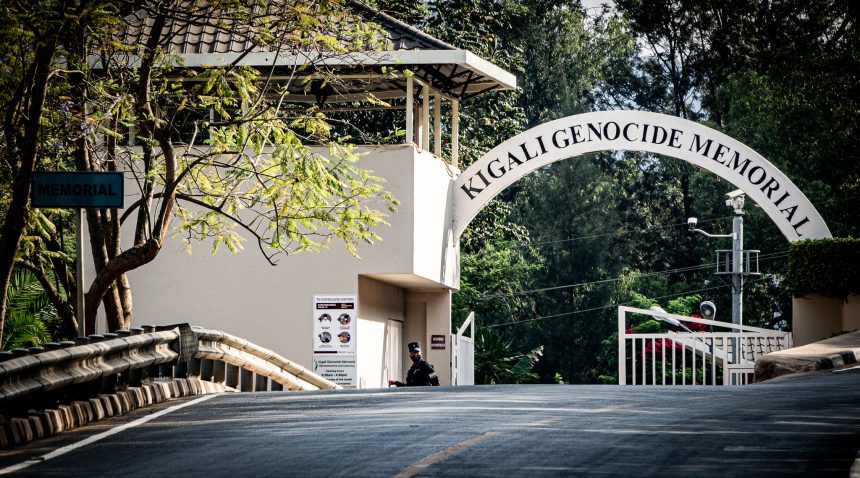
1. Kigali Genocide Memorial Centre
Located in the heart of Kigali, this memorial serves as both a place of remembrance and education. The centre preserves the memory of the 1994 genocide while promoting reconciliation and unity. It houses extensive exhibits, archives, and memorial gardens that tell the story of Rwanda’s darkest period and its remarkable recovery.
2. King’s Palace Museum (Rukari)
Situated in Nyanza, this museum preserves the traditional royal residence of the Rwandan monarchy. The site features a replica of the traditional palace, complete with the iconic dome-shaped structure, and houses the royal regalia, traditional artifacts, and historical exhibits that showcase pre-colonial Rwandan society.
3. National Museum of Rwanda (Butare)
Located in Huye (formerly Butare), this museum houses Rwanda’s most comprehensive collection of cultural artifacts. The museum’s seven galleries display traditional crafts, archaeological finds, historical photographs, and ethnographic materials that chronicle Rwanda’s cultural evolution from ancient times to the present.
4. Ethnographic Museum (Huye)
Adjacent to the National Museum, this site focuses specifically on traditional Rwandan life and customs. It features detailed exhibits on traditional architecture, social organization, religious practices, and daily life, providing visitors with an immersive experience of historical Rwandan culture.
5. Nyamirambo Cultural Center
Located in Kigali’s vibrant Nyamirambo neighborhood, this community-based cultural center offers authentic cultural experiences. Visitors can participate in traditional cooking classes, learn local crafts, and engage with community members while exploring one of Kigali’s most culturally rich neighborhoods.
6. Inema Arts Center
This contemporary art center in Kigali showcases the evolution of Rwandan artistic expression. It features works by local and international artists, offers art workshops, and serves as a platform for cultural dialogue and creative expression in modern Rwanda.
7. Campaign Against Genocide Museum
Located at the Parliament building in Kigali, this museum documents the Rwanda Patriotic Front’s campaign to stop the genocide. It provides crucial historical context about the liberation struggle and the efforts to rebuild the nation, making it an essential site for understanding modern Rwandan history.
8. Murambi Genocide Memorial
Built on the site of a former school where thousands of Tutsis were killed during the genocide, this memorial in Nyamagabe district preserves the memory of victims while educating visitors about the consequences of ethnic division. The site includes preserved classrooms and memorial gardens.
9. Ntarama Genocide Memorial Church
Located in Bugesera district, this former church serves as a memorial to victims of the genocide. The site preserves the building as it was left after the massacre, with personal belongings and remains serving as powerful reminders of the tragedy and the importance of unity.
10. Rwesero Arts Museum
Situated in Nyanza, this museum combines art appreciation with cultural education. It features traditional and contemporary Rwandan art, including paintings, sculptures, and crafts, while also offering workshops and cultural programs that engage visitors in Rwanda’s artistic heritage.
Cultural Preservation and Modern Challenges
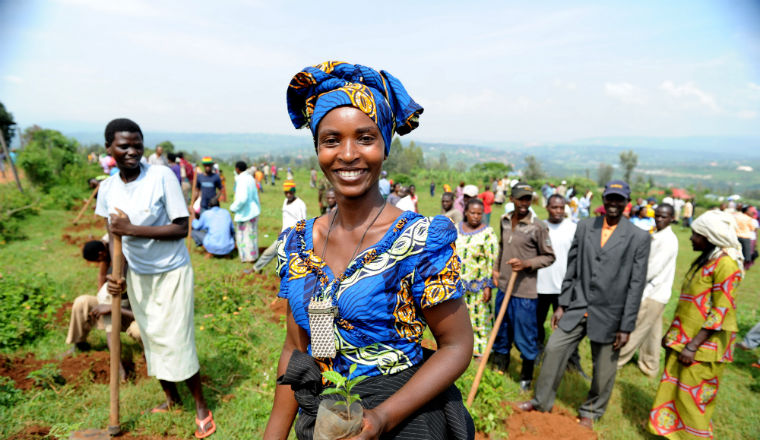
Rwanda faces the ongoing challenge of preserving its cultural heritage while embracing modernization and development. The government has implemented various initiatives to protect cultural sites, promote traditional arts, and ensure the transmission of cultural knowledge to younger generations.
The “Girinka” program, which provides cows to families in need, not only addresses poverty but also maintains the cultural significance of cattle in Rwandan society. Similarly, the promotion of traditional crafts through cooperatives and cultural centers helps preserve artistic traditions while providing economic opportunities.
The Role of Culture in National Unity
Perhaps most remarkably, Rwanda has used its cultural heritage as a tool for healing and reconciliation. The concept of “Ubwiyunge” (reconciliation) has been central to the country’s recovery from the genocide, with traditional practices adapted to modern contexts to promote unity and forgiveness.
The annual Unity and Reconciliation Week draws on traditional values of dialogue and community healing, while the Gacaca court system, based on traditional justice mechanisms, played a crucial role in post-genocide reconciliation.
Contemporary Cultural Expression
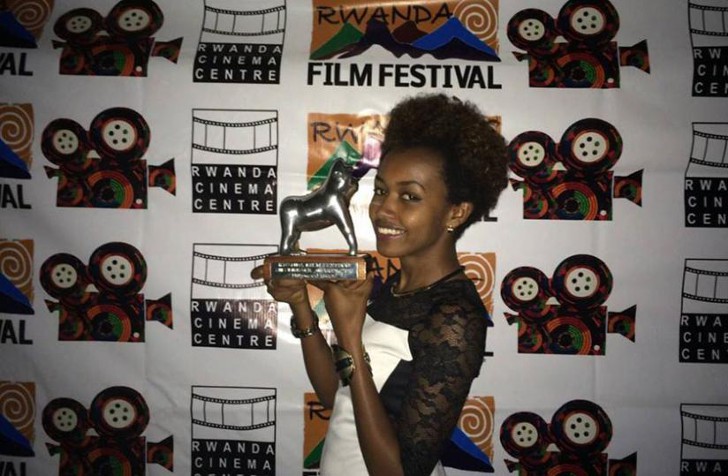
Modern Rwandan culture continues to evolve, with contemporary artists, musicians, and writers drawing inspiration from traditional themes while addressing current realities. The annual Rwanda Film Festival, literary competitions, and music festivals showcase this dynamic cultural landscape.
The integration of traditional and modern elements is evident in contemporary Rwandan architecture, fashion, and urban planning, where traditional design principles are incorporated into modern structures and spaces.
Conclusion
Rwanda’s cultural heritage represents far more than historical artifacts and traditional practices—it embodies the resilience, creativity, and unity of the Rwandan people. From the ancient traditions preserved in museums and cultural sites to the living culture expressed in daily life, Rwanda’s cultural landscape tells a story of survival, adaptation, and hope.
For visitors and Rwandans alike, exploring these cultural sites offers an opportunity to understand the deep roots of Rwandan identity and the remarkable journey of a nation that has transformed tragedy into triumph. As Rwanda continues to develop and modernize, its cultural heritage remains a source of strength, identity, and inspiration for future generations.
The preservation and celebration of Rwandan culture serve not only as a bridge between past and present but also as a foundation for building a unified, prosperous future. In the Land of a Thousand Hills, culture is not merely preserved in museums—it lives, breathes, and continues to shape the destiny of a remarkable nation.
Planning a trip to Rwanda to discover its incredible cultural treasures? Make your journey safe and comfortable by renting a car and a professional driver in Rwanda through us. Book online today or get in touch with our friendly reservations team by emailing info@rentadriverrwanda.com or calling +256-700135510. Let us help you explore Rwanda with ease and confidence!
